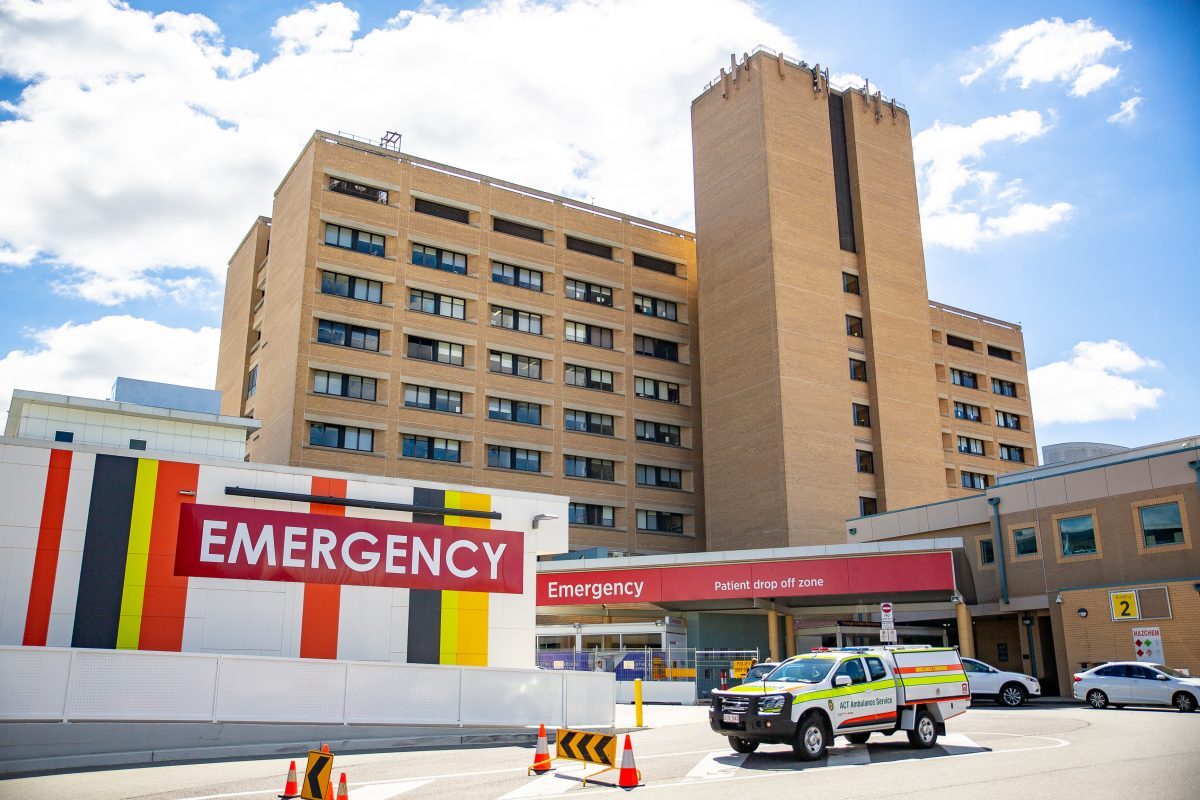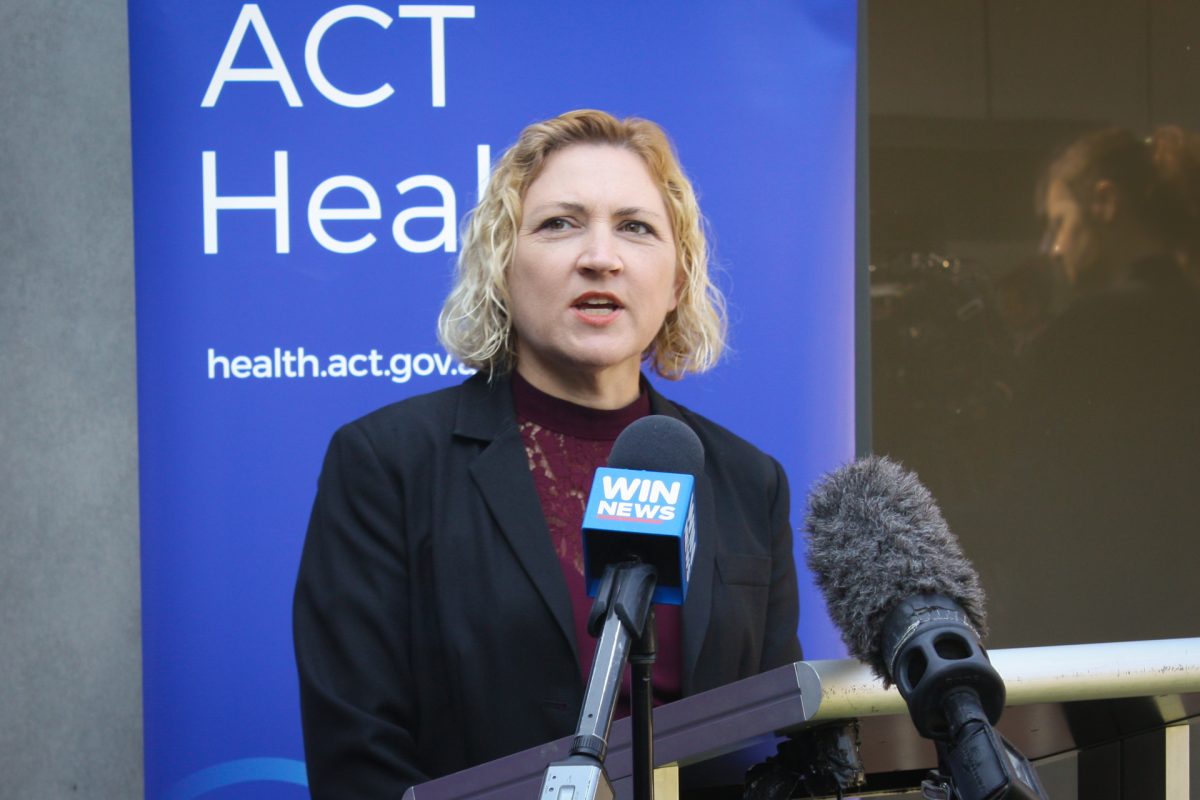
There are new plans at a Federal level to get NDIS participants who are fit to be discharged out of hospital in a timely manner. Photo: File.
At any one time, up to 20 National Disability Insurance Scheme (NDIS) participants become trapped for months at a time in Canberra Hospital due to nothing more than a slow-moving bureaucracy.
In one case, a participant was waiting months for a sign-off for nothing more than a special cushion for their wheelchair.
A new federal plan to cut this red tape and help medically healthy patients return home from hospital as soon as possible was announced earlier this week by Federal NDIS Minister Bill Shorten.
Mr Shorten’s operational plan included giving staff more power so they could make decisions quicker and setting timeframes of 30 days for a hospital discharge plan to be approved.
“At the moment, there are too many NDIS participants stuck in hospital who are medically ready to be discharged, which is creating poor outcomes for participants and adding strain on hospitals across the country,” he said.

ACT Minister for Mental Health Emma Davidson has welcomed the new plan from the federal government to get medically-fit NDIS participants out of hospital quickly. Photo: Lottie Twyford.
Locally, the plan has been welcomed by ACT Minister for Mental Health Emma Davidson who said the situation has improved in recent months, but there is more to be done.
She said at least 16 NDIS participants have already been discharged from hospital since work began after the Federal election. But 18 NDIS participants who could be at home remained in Canberra Hospital at the start of the month.
“We see somewhere between 10 and 20 people in hospital at any one time who could be at home with their NDIS plans,” she said.
Throughout the winter months, local health authorities have spoken about “bed block” putting pressure on the Territory’s hospitals.
This is a problem that occurs when a large number of patients require more extended hospital stays, meaning ED and other patients have to wait longer for a bed to be free. It’s been exacerbated by the impact of NDIS patients and aged care patients who do not require hospitalisations remaining in a bed anyway due to external delays.
Health Minister Rachel Stephen-Smith said in July that bed block was one of the biggest challenges facing the country’s hospitals and Commonwealth support to address it would be needed.
Around the country, 1500 NDIS patients are in hospitals when they do not need to be.
Ms Davidson explained the issue of a slow-moving bureaucracy is quite specific to the ACT.
“In other jurisdictions, you hear issues of trying to get participants into housing. But here, it’s really just about working through the process and systems,” she said.
“There are a lot of things we can work through and speed up and we are working on making it better.”
She said one of those aspects was starting work earlier on a person’s discharge plan and ensuring agencies were talking to each other about what was needed.


















